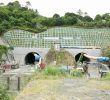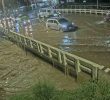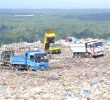DAVAO CITY, Philippines – A recent study by a local environment group showed that youth in two Mindanao regions have high awareness on environmental issues and are interested to join initiatives for its protection.
In the survey made by Interfacing Development Interventions for Sustainability (IDIS) on 508 youth respondents from Davao Region and Soccsksargen held from September to October, only 9.6% said they are “uncertain” about climate change.
Of the survey, nearly half or 47% of the respondents considered waste management as a top option to address climate change problems, followed by “call to action” and reforestation.
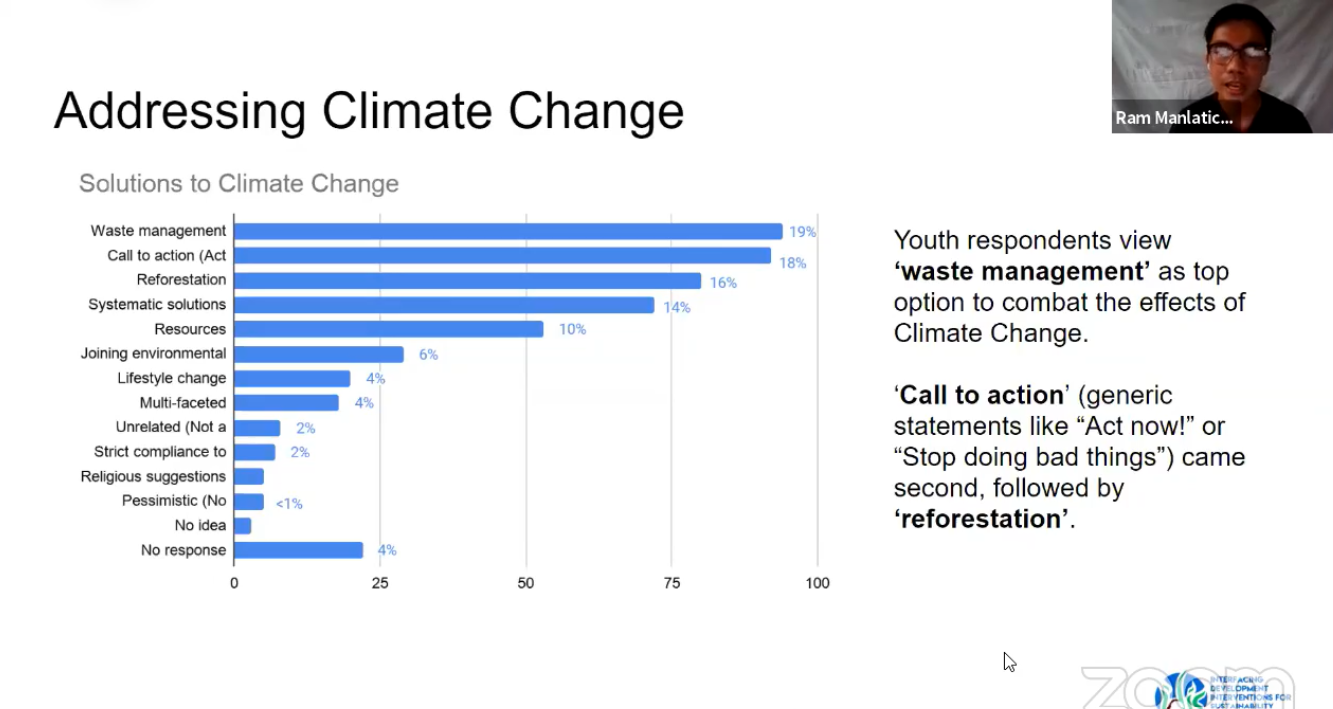
“Waste management is probably the most obvious environmental issue [among the youth] because we can see and feel it, and this is commonly taught at schools,” noted Ram Manlatican, IDIS data manager and analyst.
Watershed conservation and land-use concerns, however, were issues the respondents are least knowledgeable about but are the current advocacies of groups such as IDIS for Davao City.
Nonetheless, 83% of the respondents indicate they are ready to participate in activities to address environmental problems.
Manlatican said with this study, there is a need “to strengthen educational drive about other environmental issues that also need attention from the youth.”
The study also showed that the common environmental activities the youth know of are clean-up drives and tree planting/growing.
But the respondents showed that conducting rallies on environmental issues is the least popular option, which is in contrast to how environmentalists raise their issues elsewhere in the world.
“Rallies [are] common especially in the global stage, such as [those led by] Greta Thunberg and other notable teenagers who are essentially activists. How is it low here in the Philippines, particularly in Region 11 and 12 is probably due to the political stigma surrounding rallies and activism in general,” Manlatican said.
But apart from joining activities, the respondents expressed high commitment to sustainable living practices such as backyard gardening and conserving water.
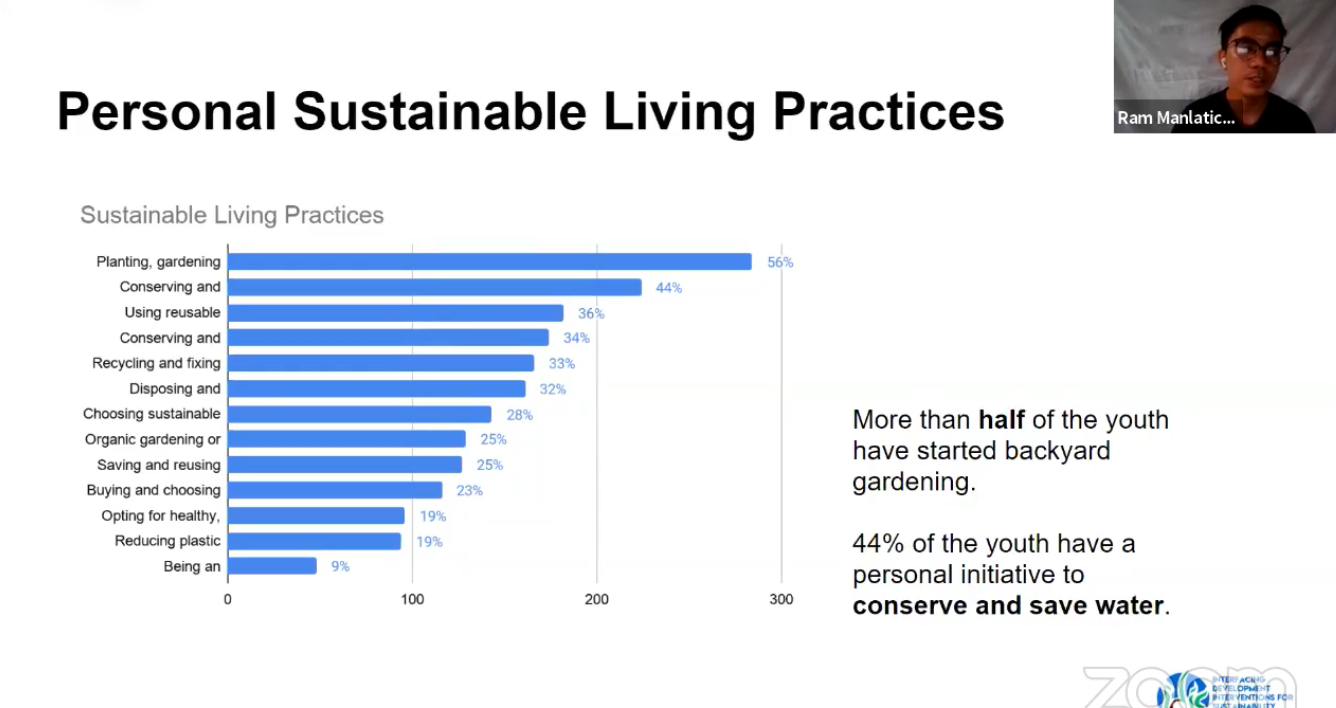
Among other recommendations that the respondents presented are stricter implementation of environmental law, building networks between schools and community organizations, no to red-tagging and protection of environmental activists, and educational drives.
Amelou Catague-Ferrer, IDIS Policy Advocacy Officer, also proposed mainstreaming youth involvement in the local government decision-making process, urging all LGUs to create a Local Youth Development Council and the Sangguniang Kabataan to have more projects related to environment and sustainable initiatives. (davaotoday.com)
climate justice, environment, Interfacing Development Interventions for Sustainability, Mindanao
